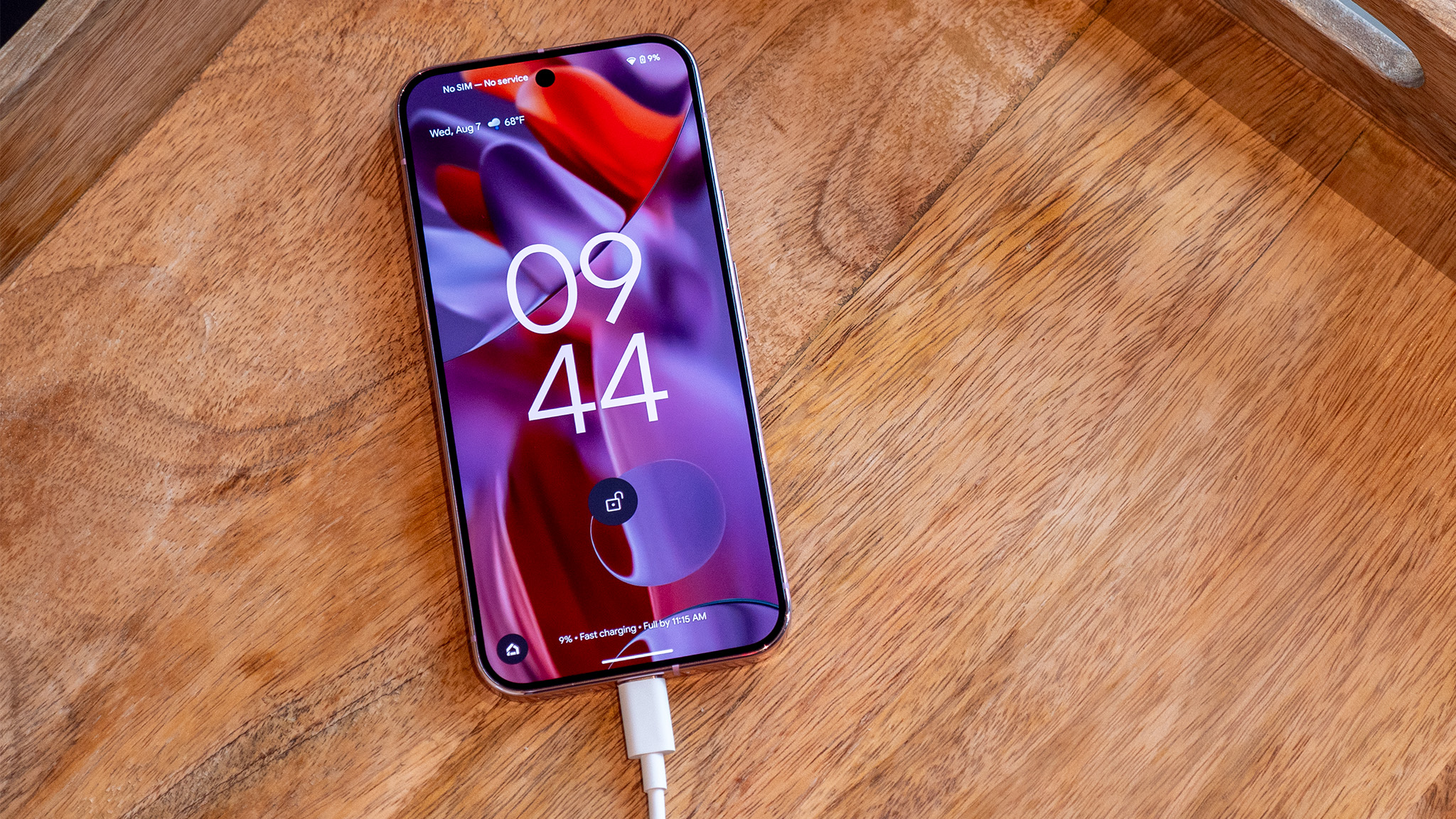Worst things to happen to gaming
If you need a palette cleanser after this, please go on ahead to our list of the best things to happen in gaming.
1. Gamergate
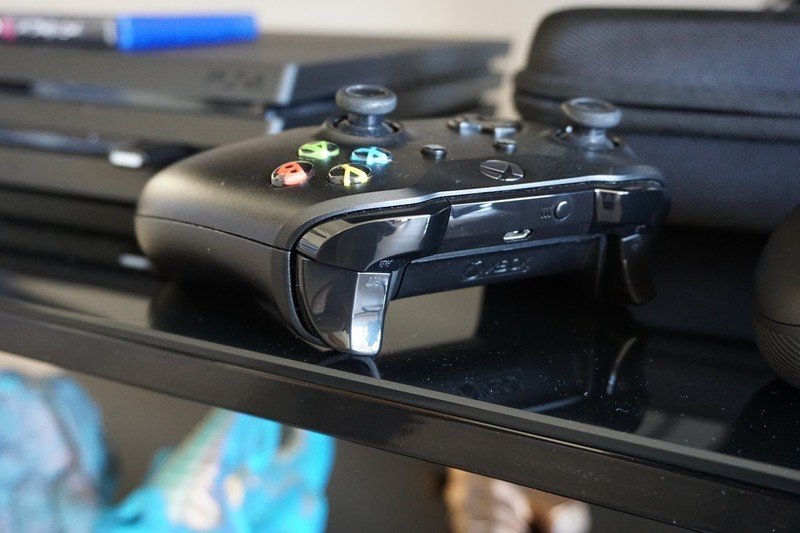
2014 was the start of Gamergate, but problems had been brewing way before that. Since I started in gaming back in 2012, there was always a sense of unease in regards to being a woman in these spaces. Despite a lot of powerful voices leading the way for women, people of color, LGBTQ+ people, and other marginalized groups, there was always the idea that gaming was a boys club hidden behind a padlocked door. I saw colleagues get forced out of the industry due to harassment way before Gamergate, but that event was just the biggest of its kind. It got covered on the mainstream news. My parents knew about it. If there was a locked door before, people were now armed with fire, willing to do whatever it took to protect it.
Gamergate was never about "ethics in games journalism." It was, first, about a jilted ex-boyfriend getting revenge. Then it became about the protection of the so-called old guard of games, this idea that games weren't political and that they belonged to one group. It was people being threatened by the outspoken and marginalized, and responding with force — everything from vague harassment online to death threats, swatting, and stalking.
The effects are still being felt today. I know people who still can't go to conventions without fear, or who don't speak up online thanks to anxiety stemming from Gamergate and similar events (again, this wasn't anything new). The term "gamer" still causes some on our staff to feel uneasy. It may have been over five years ago, but it still lingers, proving that despite movement towards inclusion in both development and media, we still have a long way to go. -Carli Velocci
2. Developer crunch
Developer crunch ruins lives. The truth behind the practice is appalling. Employees are either forced or coerced into working what can amount to over 100 hours in a single week, not even taking a moment for themselves. They'll sleep in the office and forego meals to save time. The working conditions are deplorable, and some developers have even had to check themselves into hospitals after long bouts of crunch. However much you love a new game, nothing is worth that kind of sacrifice it took to make it. This is only one of the many reasons that such a large number of people burn out of the games industry. It's toxic, it's unhealthy, and it's sadly the norm still. -Jennifer Locke
3. Tencent
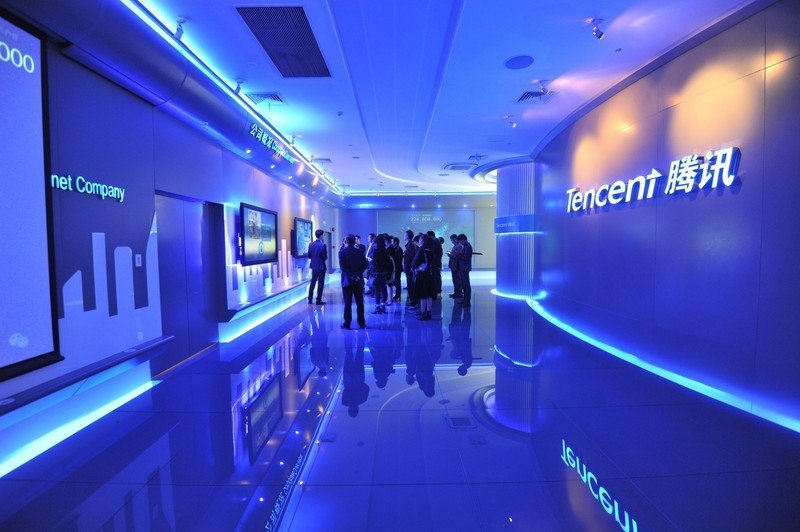
Tencent is doing what it's supposed to. As a mega-corporation, it's buying up stakes in companies and making more money. It has its hand in multiple industries, but for this list, let's talk about how it impacts gaming. It owns Riot Games, has a huge stake in Epic Games, and minority stakes in Activision Blizzard, Ubisoft, Paradox Interactive, and so many others. The amount of power it has in gaming is undisclosed, but the potential of it highlights a looming issue in games and across media.
China has been a growing power in economic spaces, but its authoritarian government and anti-democracy views makes it a reluctant member for many. We can't trace every instance of pro-China nationalism in games to Tencent, but watching both Riot and Blizzard take stances against those expressing Anti-China views is disturbing. Plus, watching Tencent buy up companies like Supercell raises concerns about oligopolies ready to streamline gaming. It'll continue to be a huge player in the next decade, but is it what we want? -Carli Velocci
Be an expert in 5 minutes
Get the latest news from Android Central, your trusted companion in the world of Android
4. Loot boxes/microtransactions/pay-to-win
Video games are more expensive to make than ever, and developers need to make their money back somehow. That's where microtransactions come in. What could have started out as an understandable means to fund new projects quickly got out of hand. While you can defend some cosmetic microtransactions, it's become a terrible trend to nickel and dime customers for everything that should have been in the game to begin with. And there's no justification for loot boxes or pay-to-win mechanics — they're downright predatory. That many are aimed at children makes them even more disgusting. You can argue all day whether loot boxes constitute as gambling (and they would be if not for some loopholes), but that we're even having that discussion shows just how bad the situation has gotten. -Jennifer Locke
5. Electronic Arts
EA is the grim reaper of video game publishers. Under its wing, EA has closed a couple of dozen development studios, the most recent notably being Visceral Games. It hasn't killed off BioWare yet, but it's clear as day that EA has done no favors for the former RPG king. Just look at Mass Effect: Andromeda and the state of Anthem. EA's insistence on using the Frostbite engine has done more bad than good. Throw in all of the controversies surrounding loot boxes and microtransactions, primarily in Star Wars Battlefront II, and it became a surprise when EA released a good game. That's just sad. -Jennifer Locke
6. Riot's gender discrimination lawsuit
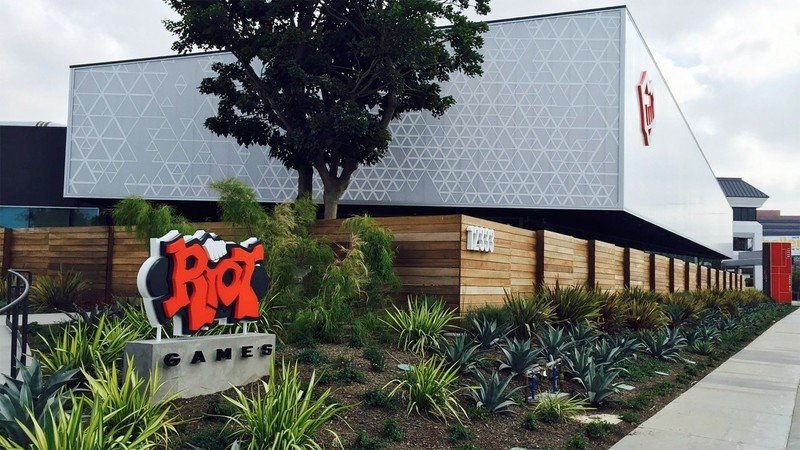
A 2018 Kotaku report opened the floodgates on Riot Games' culture of sexism and harassment. The studio was seen as a boy's club that didn't respect the women who worked there, many of whom left because their jobs became untenable in that environment. This report led to a lawsuit filed against Riot Games that the company recently settled ($10 million was to be paid to women employed by the company over the last five years). It appears to be one of the largest settlements for a gender discrimination case in California history. Strides are being made to amend the work environment, but it's a work in progress. -Jennifer Locke
7. Always online games
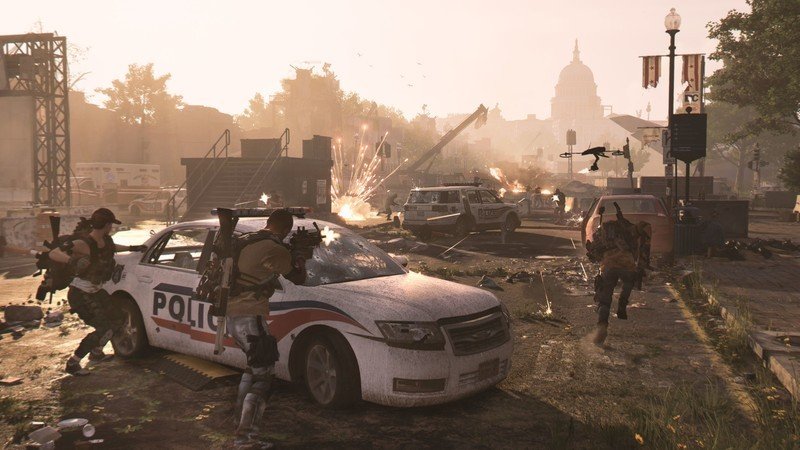
Where to begin when talking about the bad bad bad trend of always-online games? How about this? YOU CAN'T PLAY THEM IF THE SERVERS ARE DOWN. Just in the last few weeks, huge titles like Destiny 2 and The Division 2 have endured lengthy downtime where players are simply unable to play anything. They paid good money for a game they can't play, and that's what makes it such a bad trend. Whether you have no internet connection yourself or the servers are farting, your hard-earned cash is sitting there in an investment you can get no life from.
It isn't universal. For example, Microsoft allows you to play Forza Horizon 4 offline, albeit without all the features, but that's fine — there's something to play. However, games like Destiny, The Division, Ghost Recon, all big hitting franchises, are virtually unplayable if something is offline. The lack of offline gaming is infuriating and sadly it'll only get worse in the next decade. -Richard Devine
8. Bethesda
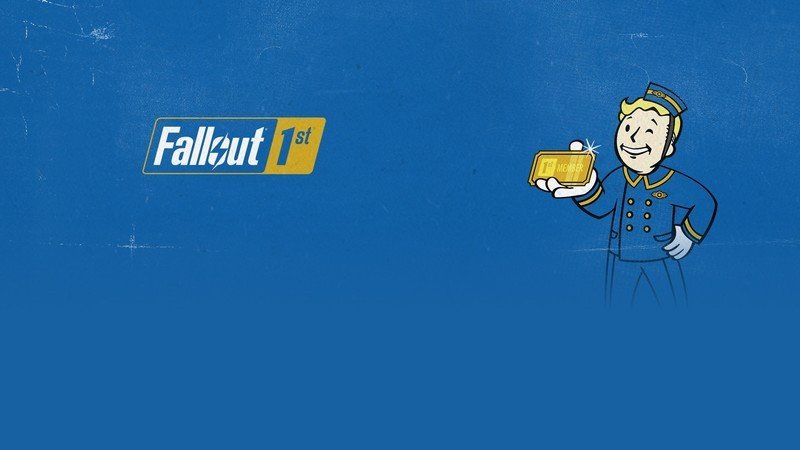
Bethesda is a classic example of living long enough to see yourself become the villain. What was once a studio that could do no wrong in the eyes of its fans has found itself under a lot of harsh criticism. First, there was it not releasing games ahead of time to critics. Then came the disappointing Fallout 4, which was only the beginning. It really came to a head with the disastrous launch of Fallout 76. After "apologizing" for its release, along with a lot of promises left unfulfilled, Bethesda only went and made it worse with the laughable Fallout First subscription membership. The developer is a hollow shell of what it once was and only continues to screw up. Here's hoping it can get its act together over the next decade. -Jennifer Locke

